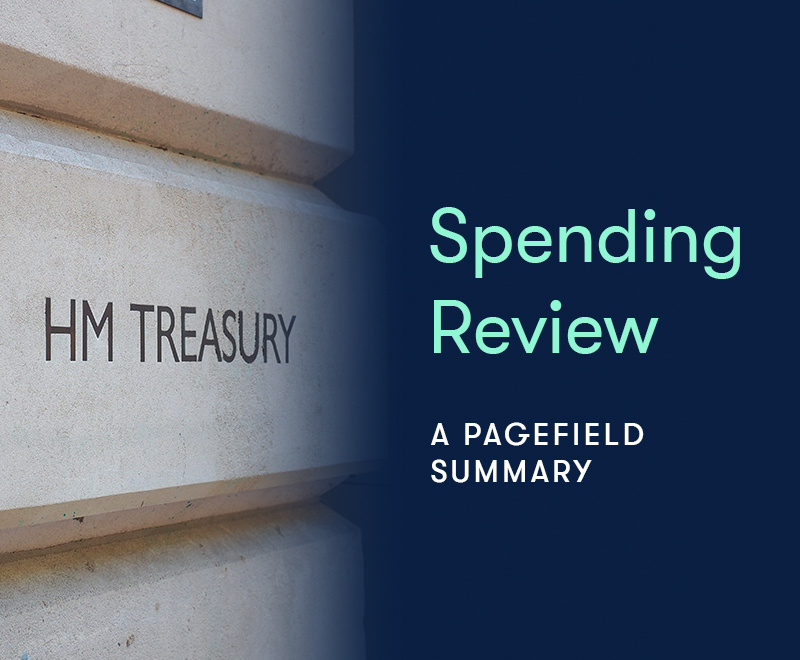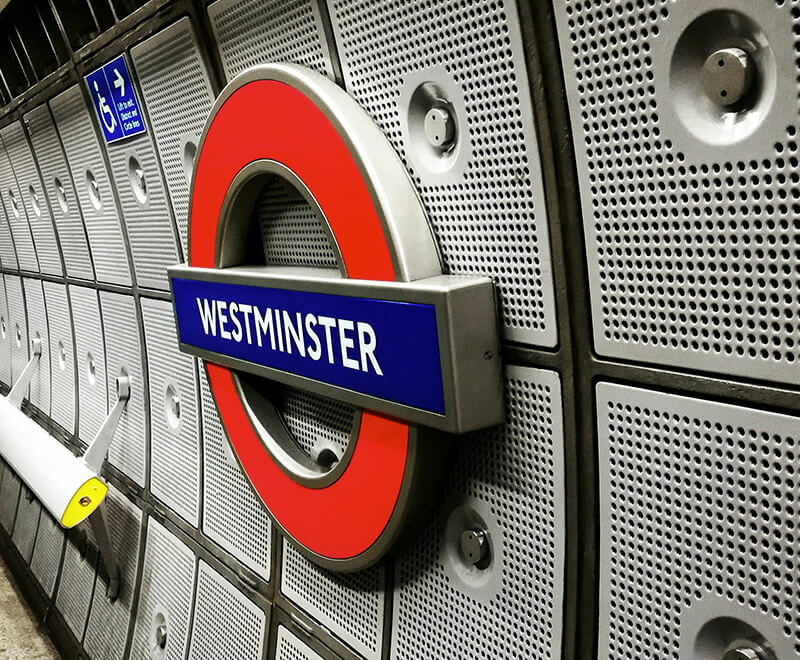On Friday 13 January the government published its Net Zero Review, which was independently written by Chris Skidmore MP – who has a long parliamentary career vocally supporting environmental causes. Skidmore was appointed to lead the review by Liz Truss, in those brief 44 days while she was Prime Minister, and at the time many commentators questioned what the review’s purpose was.
From my perspective, it seems mostly likely that the review was kickstarted as a means to an end – the end being a rollback from Net Zero policies often vilified by the Tory right – particularly during the recent energy crisis and cost pressures. But what has transpired is very different. Skidmore’s report, which comes in at over 340 pages includes in-depth analysis, insights and recommendations for the government to “create a delivery ecosystem” to achieve the UK’s decarbonisation ambitions.
This is based on an enormous 1,800 written submissions and 50 evidence roundtables Skidmore’s team handled, in just a few months. Here are Pagefield’s top five takeaways from the review:
Affordability is critical to success
The costs to individuals of transitioning to Net Zero is a barrier, and the review recommended the government consider this keenly to ensure decarbonisation can be a success. The review noted that 17% of adults have no savings at all and one in ten have £100 or less in the UK. For many, therefore, there is a real challenge to affording, for example, an electric vehicle or new heat pump.
While the argument for grant support is strong on both sides of the political spectrum, our view is that given the current pressures on Britain’s finances, we should not expect the Chancellor to be forthcoming with his chequebook soon. Labour on the other hand have already teed themselves up to help those on lower incomes.
Planning needs to be rethought
Skidmore clearly identified that one of the blockers to decarbonisation success is going to be obstacles rolling out infrastructure. The specific blame seemed to stem from a lack of policy clarity or delays in the planning system. As part of this, the review made numerous recommendations to the government about reviewing its approach to everything from incentives, regulations and delivery – including a new cross-sectoral infrastructure strategy by 2025.
Since Truss’ fateful budget, the government has sought to turbo the pace of infrastructure being rolled out by cutting red tape. But, given the timeline of 2025 for a new strategy, it’ll be worthwhile for businesses to share views in equal measure to the government and opposition about this.
New organisation focussed on delivery
Due to the concerns about infrastructure, one of the big recommendations in the review is that the government create the Office for Net Zero Delivery by Spring this year. The agency would be responsible for placing net zero delivery “at the heart of government thinking, ensuring best practice for key delivery projects, and taking ownership of net zero priorities where they span multiple departments”.
While a valid ambition, the effectiveness of external or small bodies of government is dubious. Many are only successful if they are given significant independence and the right levers to pull. If it does come to be, it’ll likely sit under BEIS, and companies should consider engaging it early as it throttles up.
We don’t have the minerals
The review noted that the supply chain of critical minerals, such as those needed for EVs or battery storage capacity, is not resilient enough. Skidmore suggests this could cause issues in the future as well as geopolitical tensions if not handled well. For businesses, this may mean having to consider supply chains a long way into the future, particularly when making significant investment, or considering using the circular economy more greatly.
It’s being implemented
With many of these reviews, they get published with a bang and then fade away. However, if you want an indication of how seriously the government will take the recommendations laid out by Skidmore, in the last week it announced a new action plan on smart energy management for homes and electric cars – something the review had encouraged only days earlier.
What all this shows is decarbonisation remains central to this the government’s strategy but that there is a large uphill battle ahead. Particularly with an election on the horizon, businesses should take a two-fold approach of keeping minister’s feet to the fire, while also enhancing Labour’s understanding of the issues – and potential policy solutions.




